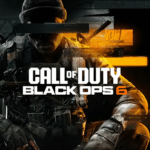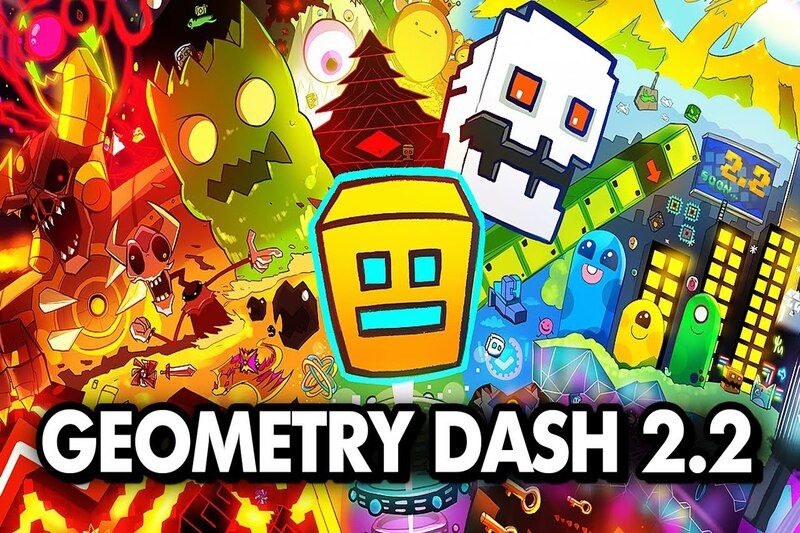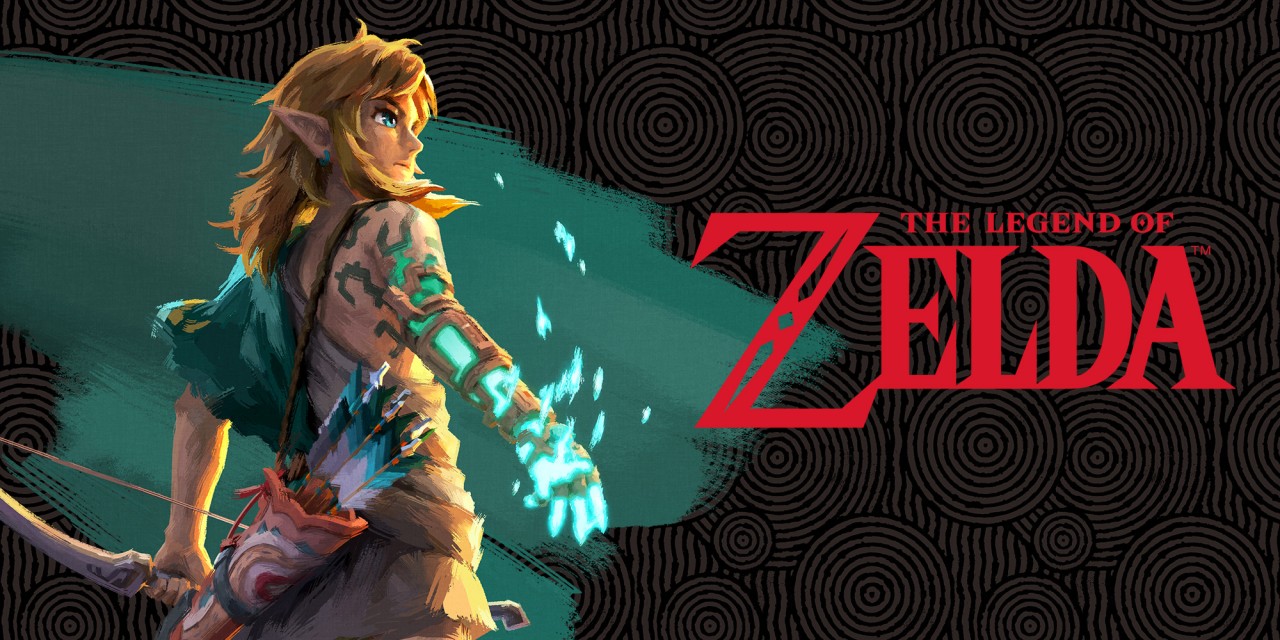Popular Now
Introduction
PUBG Mobile, one of the most popular battle royale games in the world, has redefined mobile gaming with its large-scale combat, dynamic gameplay, and competitive esports scene. However, beneath its success lies a persistent and growing issue: hacking. Despite repeated promises and efforts by developers to curb cheating, hackers continue to plague PUBG Mobile's servers, creating an uneven and frustrating experience for legitimate players. This article explores the hacking problem in PUBG Mobile chronologically and thematically — analyzing its origins, evolution, current severity, and long-term consequences across ten structured sections.
1. The Early Days: A Fair Start for Competitive Mobile Gamers
When PUBG Mobile launched in early 2018, it quickly attracted millions of players thanks to its faithful adaptation of the PC version and the novelty of full-scale battle royale on mobile devices.
During this period, the game environment was mostly fair. Players were more focused on learning controls, exploring maps like Erangel, and developing tactical skills. Cheating was minimal, and the player community was enthusiastic and optimistic. The competitive ecosystem had potential, and PUBG Mobile was considered a breakthrough for mobile esports.
2. The Rise of Third-Party Cheats and Emulators
By late 2018, the first wave of hacks started appearing. Aimbots, wallhacks, and speed hacks entered the scene, many sold by third-party developers.
One of the biggest enablers of this problem was the rise of PUBG Mobile emulators like Tencent Gaming Buddy, which allowed players to use a keyboard and mouse. While not inherently cheating, emulators made it easier to inject cheats via PC tools. The developers introduced emulator-only matchmaking, but the damage was done: the hacker ecosystem had found its opening.
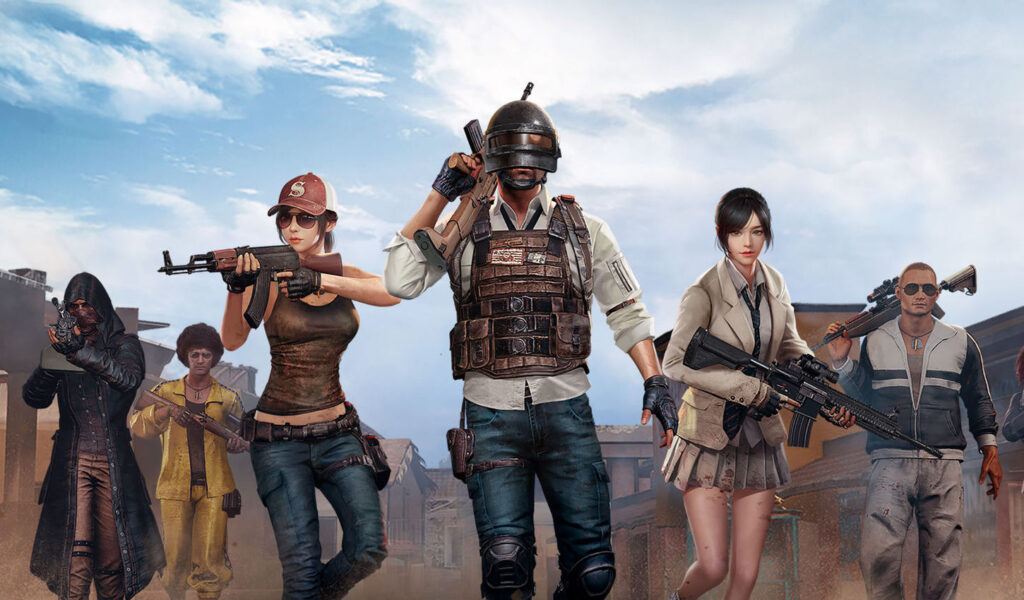
3. YouTube and Social Media: The Underground Marketing Machine
Cheats for PUBG Mobile didn’t just spread in the shadows — they were promoted openly on YouTube, Telegram, Discord, and even Facebook groups.
Videos advertised “undetectable” cheats, complete with tutorials and fake testimonials. Some content creators even showcased gameplay using hacks, gaining views and monetization. The unchecked promotion created a booming black market for cheats. This normalization of hacking gave cheaters visibility — and encouraged others to follow.
4. The Introduction of Anti-Cheat Measures: Ban Pan and Its Limitations
In response to community outrage, PUBG Mobile’s developers introduced “Ban Pan,” a system that promised weekly bans and a strong anti-cheat engine.
While Ban Pan did result in millions of reported bans, the system had several key flaws:
-
It was reactive, not proactive.
-
Many bans were temporary, not permanent.
-
Cheats were often updated faster than detection systems. Worse still, the transparency reports were often used by cheat developers to measure and refine their bypasses. Ban Pan became a cat-and-mouse game, not a real deterrent.
5. Esports Under Siege: Hackers in Competitive Tournaments
One of the most serious consequences of the hacking problem was its impact on PUBG Mobile’s esports scene. Competitive matches — from local scrims to international qualifiers — began to see accusations of cheating.
In some cases, professional players were caught red-handed using cheats. Others used secondary accounts for boosting or testing exploits. The lack of thorough LAN environments and verification procedures allowed dishonest players to profit. The integrity of PUBG Mobile esports took a massive hit, and many organizations withdrew from investing in the scene.
6. Impact on Casual and Ranked Gameplay: Community Trust Erodes
For the average player, the presence of hackers in nearly every ranked game became demoralizing. No matter the rank — Platinum or Conqueror — players encountered suspicious opponents with perfect recoil control, x-ray vision, or flying vehicles.
Many players stopped pushing rank or deleted the game altogether. Complaints flooded social media, and trust in Tencent’s enforcement mechanisms eroded. The player base became divided: one side accused the other of hacking, while genuine players suffered in silence.
7. Psychological Effects: Tilt, Helplessness, and Player Burnout
Hacking in PUBG Mobile doesn’t just cause losses — it causes emotional damage. Getting killed by a cheater after 30 minutes of intense play leaves players feeling powerless.
The psychological toll includes:
-
Tilt: players start raging and making poor decisions in future matches.
-
Paranoia: every good enemy is suspected of cheating.
-
Burnout: legitimate players eventually quit the game, not due to difficulty, but due to perceived unfairness. These emotional reactions poison the community, especially among younger and highly competitive users.
8. The Business of Cheats: Paid Scripts and Private Access
By 2021, the cheating scene for PUBG Mobile had become fully commercialized. Websites offered monthly subscriptions for “premium undetectable cheats,” often costing $20 to $100.
Features included:
-
Custom aimbots
-
ESP (enemy location tracking)
-
Loot highlights
-
Bypass systems that counteract Ban Pan
Some cheat sellers even offered 24/7 customer support and updates for every patch. The cheat industry became professional — while PUBG Mobile’s enforcement remained inconsistent.
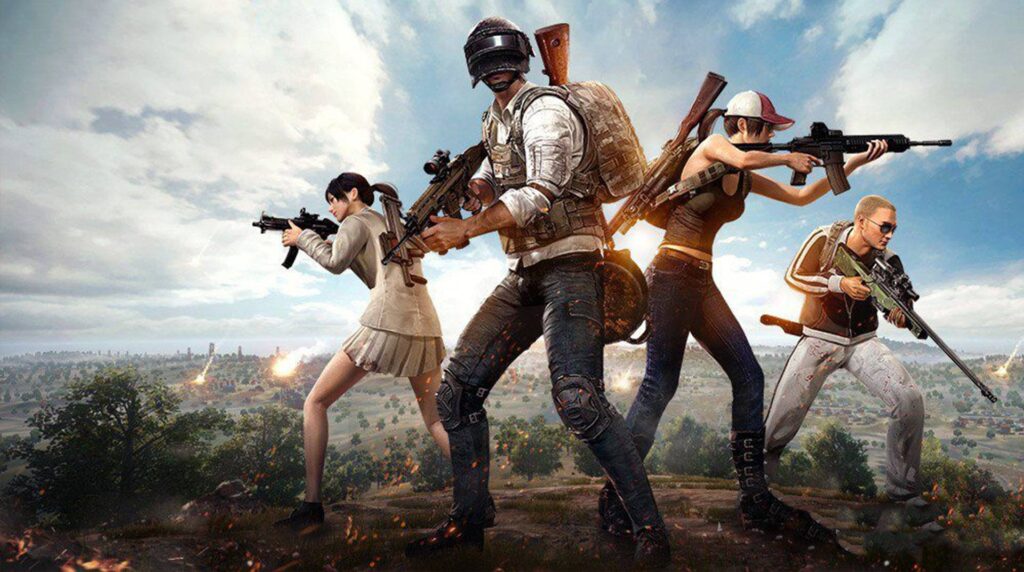
9. Region-Specific Problems: Southeast Asia and Middle East Servers Overrun
While hacking is a global issue, certain regions — notably Southeast Asia, India (pre-ban), and the Middle East — experienced disproportionately high rates of cheaters.
Several reasons contributed:
-
Weak legal consequences for selling cheats
-
Poor device verification methods
-
Economic incentives to resell boosted accounts These regions became known among players as "cheat zones," where even casual matches could feel like survival against bots and hackers.
10. Possible Solutions: What PUBG Mobile Must Do Going Forward
Fixing the hacking problem in PUBG Mobile requires a multifaceted approach. Some potential solutions include:
a. Stronger Anti-Cheat Integration
-
Real-time monitoring of suspicious actions
-
AI-powered behavior analysis
-
Hardware bans tied to device IDs
b. Community-Involved Reporting
-
Improve in-game reporting tools
-
Transparency in follow-up actions
-
Incentives for whistleblowers in tournaments
c. Legal Crackdowns on Cheat Developers
-
Collaborate with governments and law enforcement to shut down cheat-selling networks
-
Publicly name and prosecute major offenders
d. Promote Fair Play Through Content
-
Ban content creators who showcase cheats
-
Highlight stories of clean competitive success
-
Create educational content on spotting cheaters
The developers must also regain player trust through honest communication and consistent enforcement. Otherwise, the game’s future will continue to be compromised by those who exploit it.
Conclusion
Hacking in PUBG Mobile is not just a technical problem — it's a cultural, competitive, and psychological crisis. From casual games to professional tournaments, the cheating epidemic has damaged the core values of fairness and skill-based gameplay that battle royales are supposed to represent.
Tencent and Krafton must take stronger, smarter, and more transparent steps to tackle the issue. Until then, hackers will continue to destroy the integrity of matches, discourage legitimate players, and tarnish the game's global reputation. In the fight for PUBG Mobile's future, fair play must be more than a slogan — it must be a promise kept.






